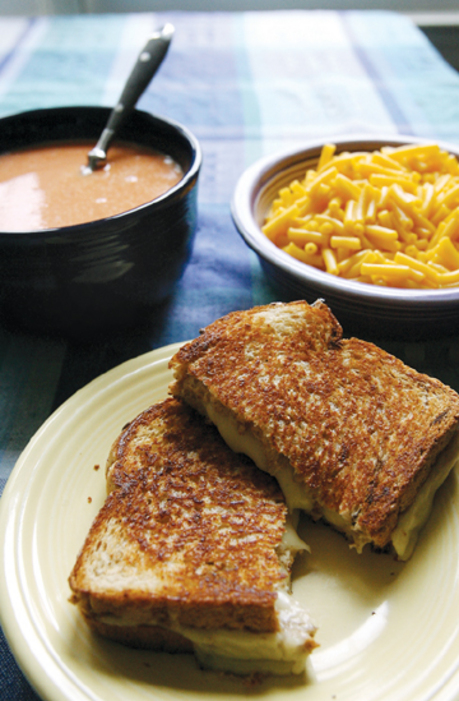One of Gretchen's recent blog entries discusses comfort food for your mind. She explains how doing activities can make one feel better. When one is sad and having a rough day, people often turn to comfort food. We all try and eat healthy as much as we can, but every now and then you just want that something special that soothes your tastebuds and warms your heart. Comfort food can be a hearty stew on a frigid winter night or a carton of cookie dough ice cream at 2 in the morning when you are upset about a breakup. The problem with emotional eating is that after you try eating your problems away, you develop new problems and the old ones are still there. I know that when I am stressed and have a piece of chocolate cake, I not only still feel anxious about the thing that was stressing me out but also about the calories that I just put into my body. Instead of always turning to emotional eating, why not try comfort food for your mind? Atleast, after you try some of Gretchen's tips, you won't feel even worse than you did before you ate the maccoroni and cheese.
Comfort food for the mind is a mental break that you allow yourself from whatever is stressing you out or making you feel sad. Gretchen suggests cooking, exercise, playing with your kids, reading a good book, or seeing a funny movie. After you take a "mental vacation", you may feel better and be able to deal with your situation in a new manor. Occasionally, when I have writer's block, I will take a break and go for a run. When I run, I clear my mind, listen to music, breathe fresh air and release endorphines. When I get back to the computer, I feel more focused and new ideas will pop into my mind. The next time that you have a stressful day at work, a disheartening personal situation or are just feeling down, try nourishing yourself with comfort food - for your mind, that is!


